The absence of theology and philosophy from the core of the modern academy leads inevitably, in Chesterton’s view, to two mutually incompatible educational concepts attempting to co-exist, and this, in turn, constitutes a schism or schizophrenia at the very heart of the academy itself. He explains in The Common Man:
The truth is that the modern world has committed itself to two totally different and inconsistent conceptions about education. It is always trying to expand the scope of education; and always trying to exclude from it all religion and philosophy. But this is sheer nonsense. You can have an education that teaches atheism because atheism is true, and it can be, from its own point of view, a complete education. But you cannot have an education claiming to teach all truth, and then refusing to discuss whether atheism is true.
The absurdity of the modern academy’s attempt to build a university in the absence of universals was a topic to which Chesterton would return often. “Take away the supernatural,” says Chesterton, “and what remains is the unnatural. Education is only the truth in a state of transmission,” he wrote in What’s Wrong with the World, “and how can we pass on truth if it has never come into our hand?”
CONNECT
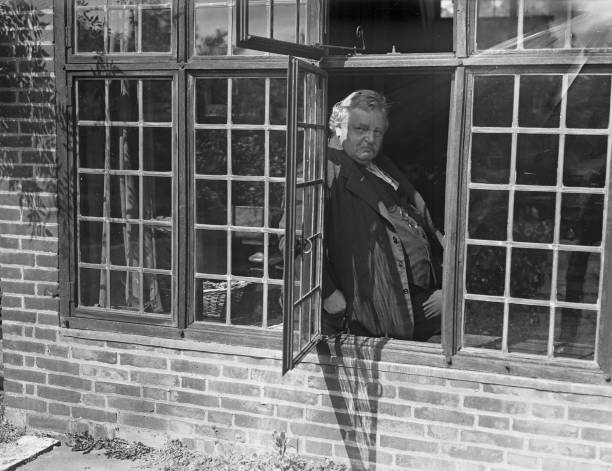

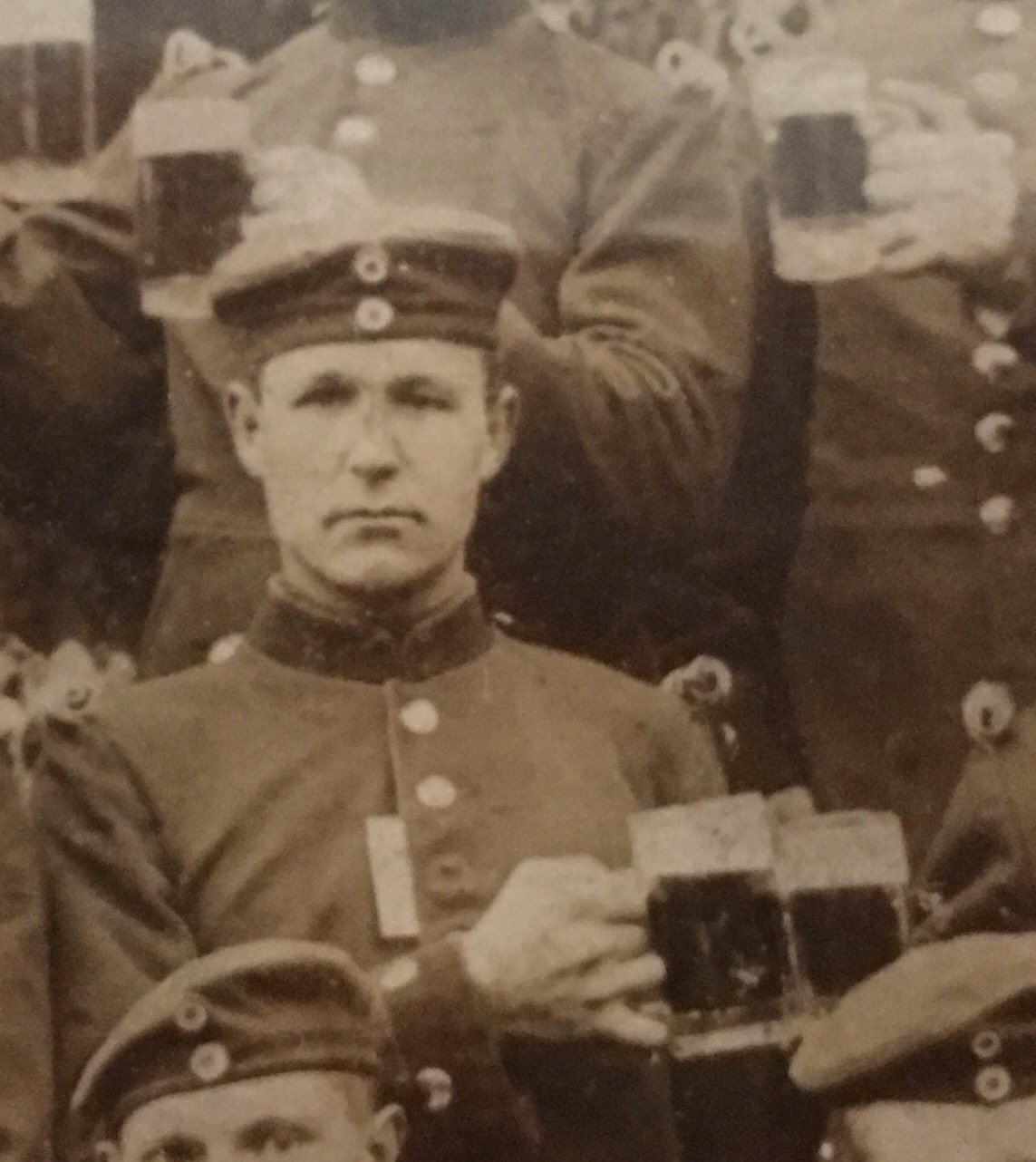








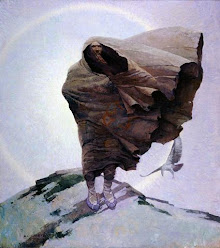














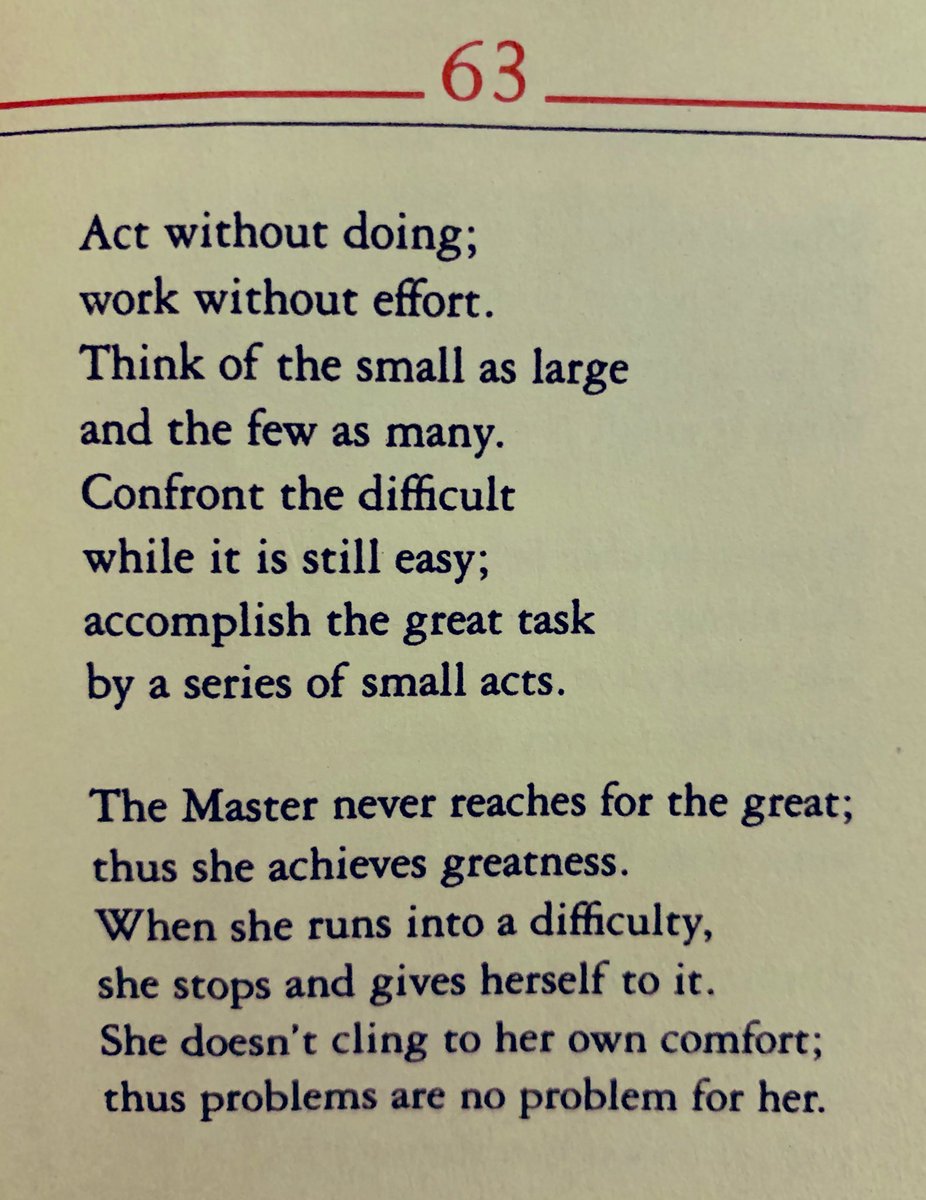















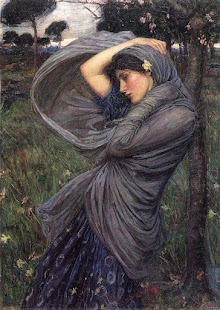












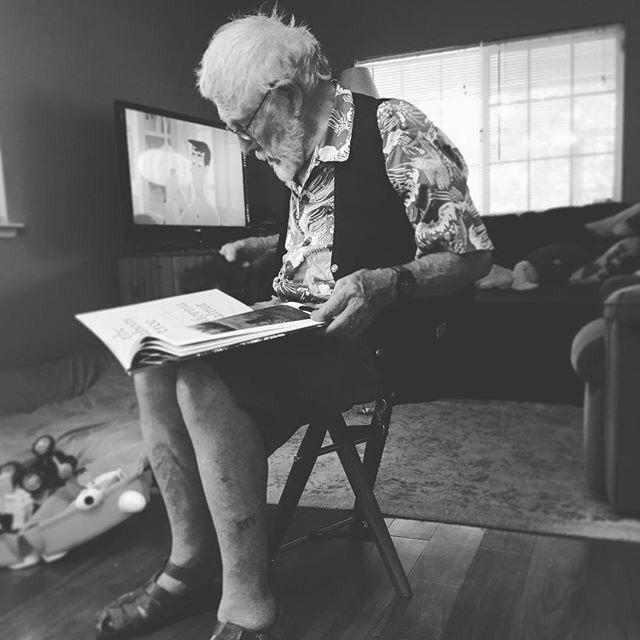

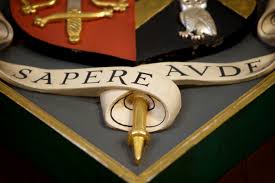






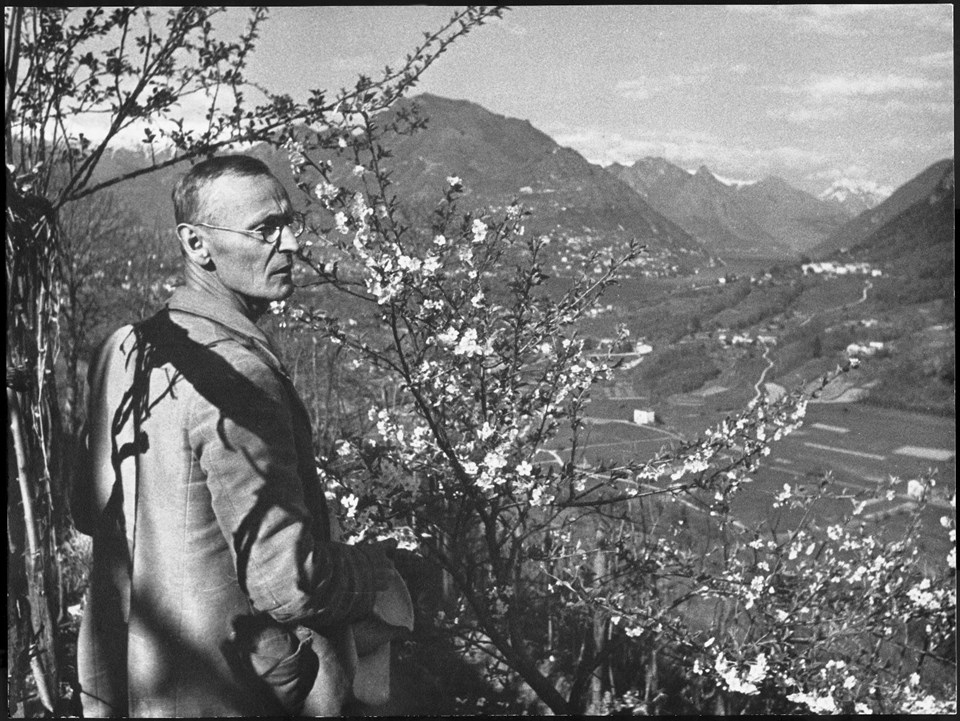


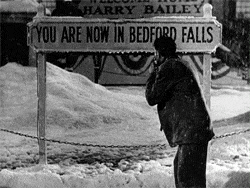







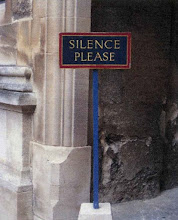









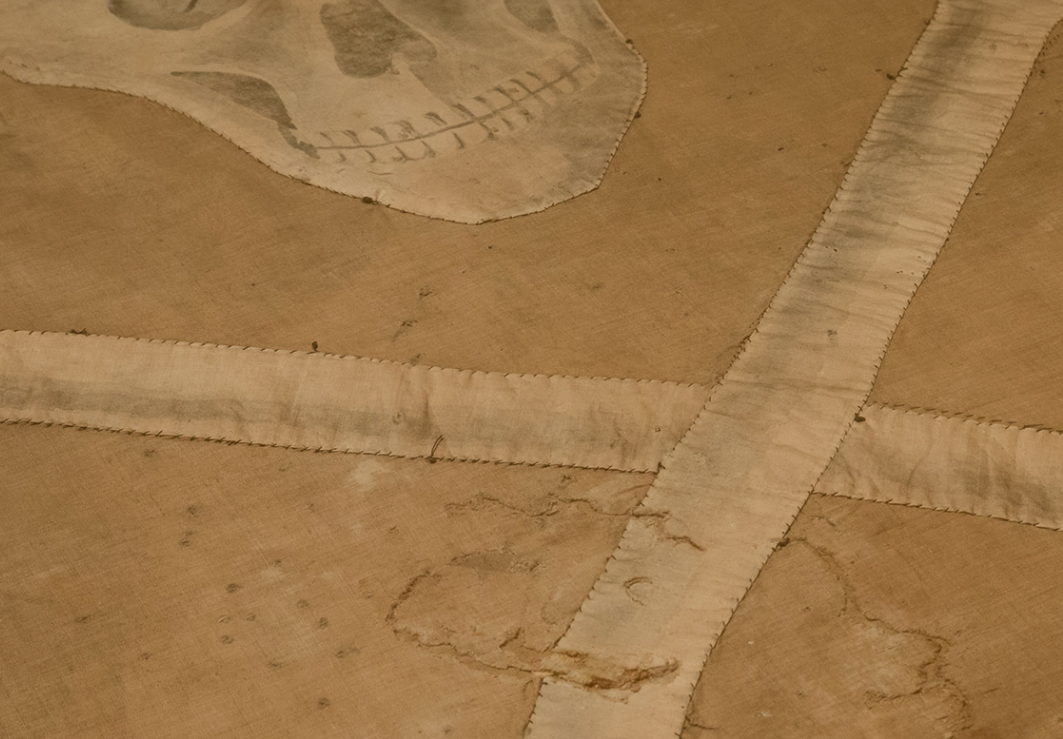


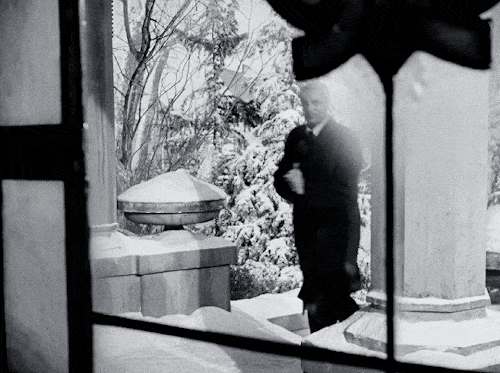
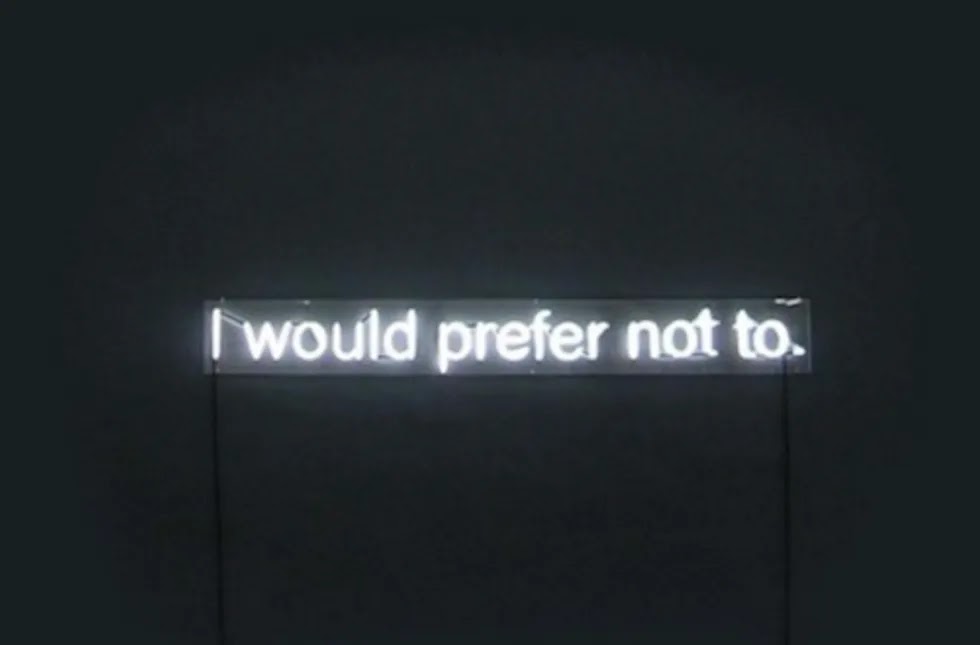

















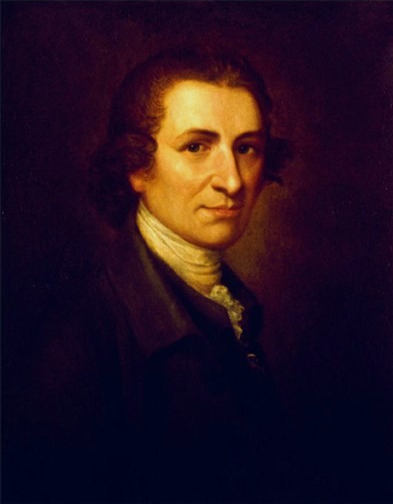


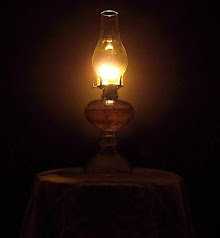







No comments:
Post a Comment